Showing all 18 resultsSorted by popularity
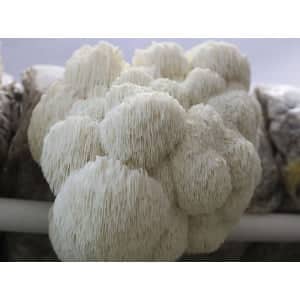
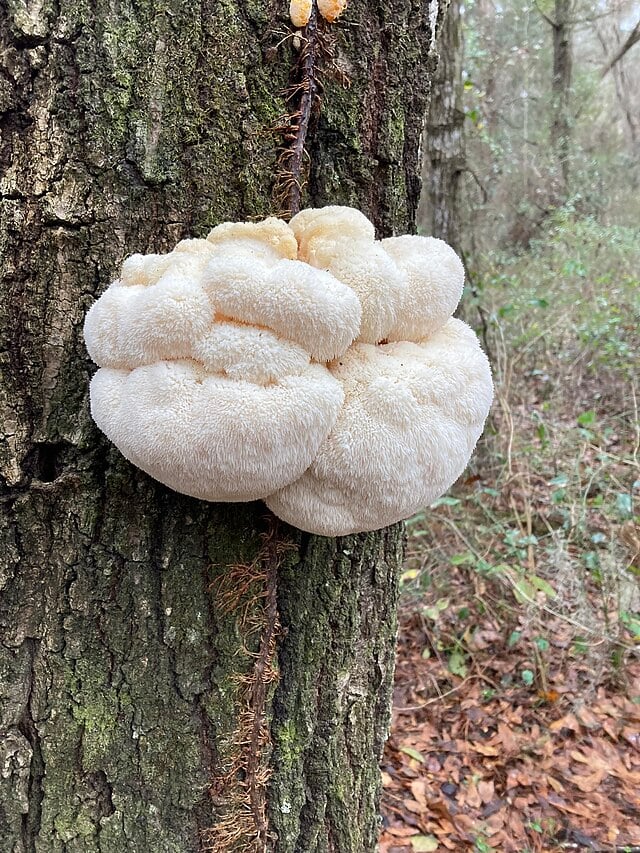
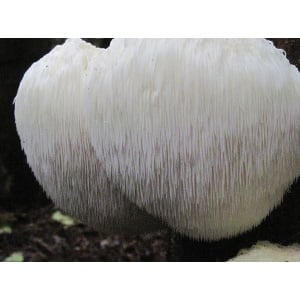




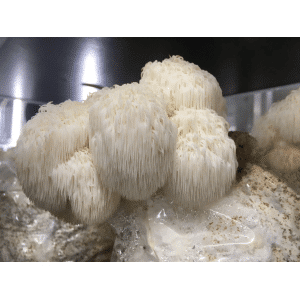


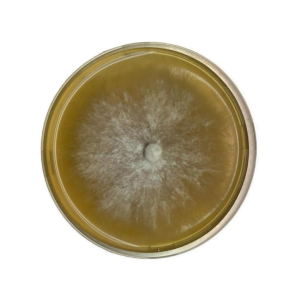
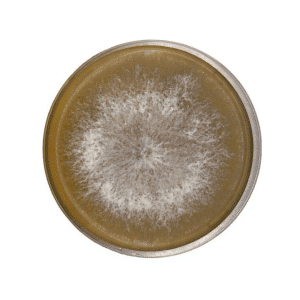




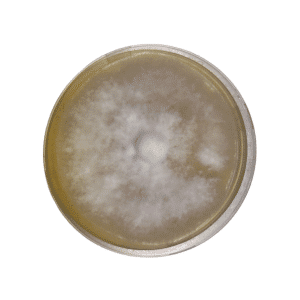

At Rootlab, we offer a curated selection of Lion's Mane mushroom varieties to suit a range of growing environments and methods. Whether you are looking for heat-tolerant strains or classic Lion's Mane for culinary or medicinal use, our products cater to everyone—from hobbyists to commercial growers. Each of our strains is cultivated carefully, ensuring you receive top-quality spawn, liquid culture, and growing kits to maximize your yields and get the best from this remarkable mushroom.
Each variety is available in different formats, such as a mushroom growing kit, liquid culture, grain spawn, sawdust spawn, plug spawn, and culture on an agar plate, giving you multiple options for cultivating these extraordinary mushrooms successfully.
Lion's Mane Mushroom, a striking white, shaggy mushroom resembling a lion's mane, is a powerhouse in the world of functional fungi. Native to regions across North America, Europe, Asia, and Australia, it has been a staple in traditional Chinese medicine for centuries. With modern research spotlighting its cognitive, immune-boosting, and antioxidant properties, Lion’s Mane has become a popular choice for those seeking natural health benefits.
References
Lion’s Mane isn’t just for health enthusiasts—its meaty texture and savory flavor make it a versatile addition to your kitchen:
While Lion’s Mane mushrooms offer numerous health benefits, it’s crucial to approach them as a supplement to a healthy lifestyle rather than a cure-all. If you are pregnant, breastfeeding, taking medications, especially blood thinners, or managing a pre-existing condition, consult with your healthcare provider before incorporating Lion’s Mane into your regimen.
Lion’s Mane is a unique mushroom species known for its resemblance to a lion’s mane. It has long been used in traditional medicine for its potential benefits in enhancing cognitive function, supporting the nervous system, and promoting overall well-being. It’s also popular as a culinary ingredient due to its mild, seafood-like flavor.
Lion’s Mane mushrooms are easy to cook and versatile. One popular method is to sauté them in butter or olive oil until golden and slightly crispy. They pair well with garlic, herbs, and a dash of soy sauce. Due to their meaty texture, they also make a great substitute for seafood in dishes.
Lion's Mane mushrooms can be grown using a hardwood substrate like logs or sawdust. After inoculating the substrate with spawn, they require a humid environment and temperatures between 14-24°C. If proper conditions are maintained, they fruit within a few weeks, and growing kits can simplify the process for beginners.
Research suggests that Lion’s Mane may have beneficial effects on brain health, including enhancing memory, reducing anxiety, and supporting nerve growth. Some users report improvements after consistent use over several weeks, though more studies are needed to fully understand its efficacy.
While there is no established maximum dosage, studies commonly use between 500 mg to 3,000 mg per day. Taking too much could cause mild side effects like digestive discomfort. It’s best to start with a lower dose and consult a healthcare provider to avoid adverse effects.
Lion’s Mane can interact with certain medications, particularly blood thinners, due to its antiplatelet properties. It may also lower blood sugar, potentially affecting those on diabetes medications. Always check with a healthcare professional before combining it with prescribed drugs.
People with allergies to mushrooms should avoid Lion's Mane. Additionally, those on blood-thinning or diabetes medications should use caution due to potential interactions. Pregnant and breastfeeding women should also consult a doctor before taking it.
Lion’s Mane may take several weeks of regular use to produce noticeable effects, particularly for cognitive or mood-related benefits. Some users report seeing results after 4 to 12 weeks, depending on the dosage and individual response.
Lion’s Mane mushrooms are ready to harvest when their spines are fully developed but still white. If they begin to turn yellow or brown, they are overripe. Typically, mushrooms are harvested about a week after the fruiting bodies appear.
© 2025 Rootlab